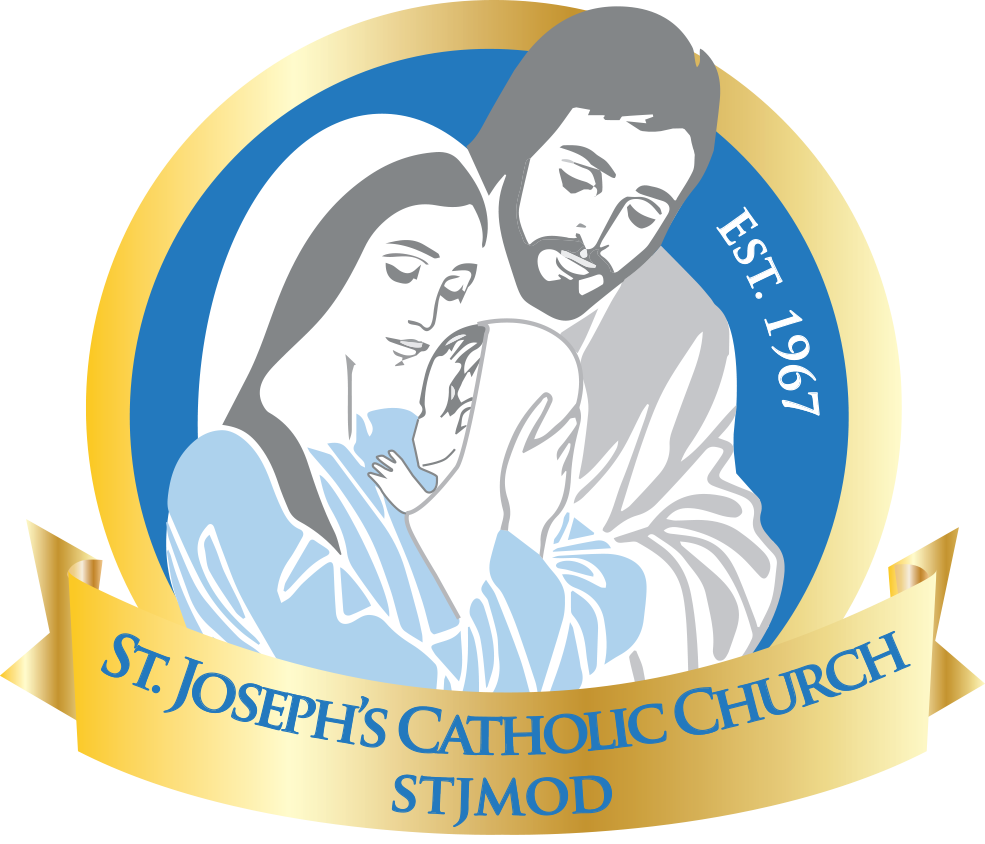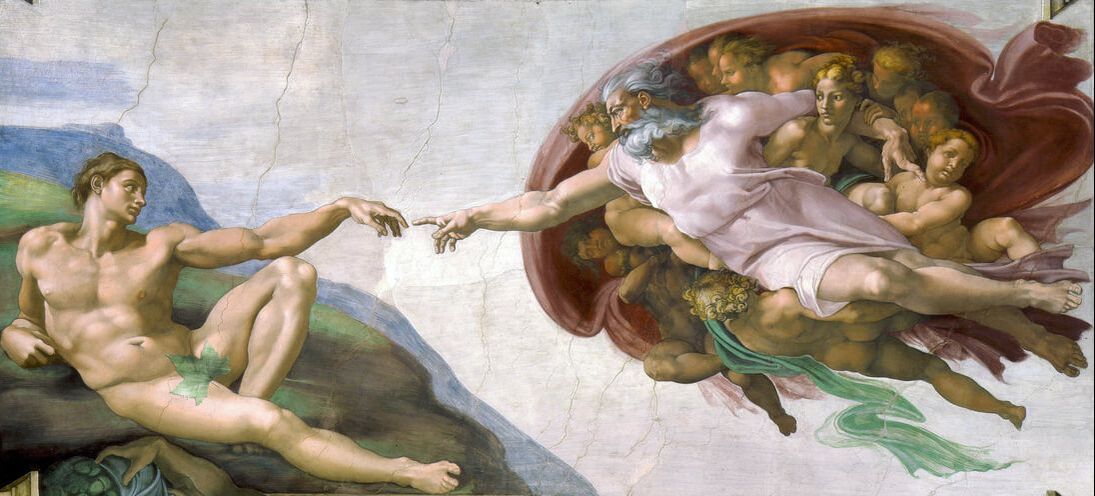God has entrusted to the Church truths about correct belief (orthodoxy) as well as right living (orthopraxy). Christianity, then, consists of both faith and life.
The five Precepts of the Church are “the very necessary minimum in the spirit of prayer and moral effort, in the growth in love of God and neighbor” (CCC 2041-2043). Summarized, they are:
Besides these minimal requirements, there exists a wide range of devotional practices meant for helping the Catholic faithful attain spiritual growth and sanctification. More on this subject can be found here.
The five Precepts of the Church are “the very necessary minimum in the spirit of prayer and moral effort, in the growth in love of God and neighbor” (CCC 2041-2043). Summarized, they are:
- Attendance at Mass on Sundays and holy days of obligation and rest from servile labor.
- Confession of serious sins at least once a year (especially to prepare for the Eucharist).
- Reception of the sacrament of the Eucharist at least once during the Easter season.
- Observing the days of fasting and abstinence established by the Church.
- Helping to provide for the material needs of the Church.
Besides these minimal requirements, there exists a wide range of devotional practices meant for helping the Catholic faithful attain spiritual growth and sanctification. More on this subject can be found here.
Stewardship also requires making ethical decisions.
The Church possesses two main sources for its moral teaching: the natural law which can be discovered philosophically, and the divine law which is revealed by God theologically. The results from these two resources often overlap, since both are ultimately grounded in God (Romans 2).
|
Natural Law looks to the purposes built into creation to discover the good of things. Humans, for example, are distinct from other creatures in that they have a rational intellect and a free will. Therefore, making choices in line with rational thinking will result in the good for humans. Because God created humans to participate in his love, actions that bring us closer to that goal are good, and those that draw us away from it are bad. From natural law we can know that life is inherently good – it is the gift God gives us to exercise our intellect and will – and so taking actions against life (e.g., contraception, homosexual activity, abortion, violent crime, euthanasia) are inherently evil.
|
Divine Law includes those actions which God specifies as good or evil by direct revelation. The Ten Commandments, for example, functioned as a covenant moral code for Israel (Exodus 20:2-17; Deuteronomy 5:6-21), and Jesus confirmed the application of the Ten Commandments to the New Covenant community in his teachings (e.g., Matthew 5:17-48). St. Paul and other New Testament writers elaborated on the moral life of the Christian in nearly all of their writings.
|
It should be remembered that God’s commandments are expressions of God’s love for us. This is because God’s law provides for the conditions of our true happiness – not only in this life, but in the eternal life to come. Although we cannot “earn” salvation by doing good works, we are not saved without them (Matthew 25:31-46; 1 Corinthians 9:24-27; Galatians 5:6; Philippians 2:12; James 2:24). The reward of heaven is the very presence of God (John 17:3) who is infinite goodness (Mark 10:18). Living a good life in this world makes us into moral persons, which in turn makes us enjoy goodness more – a process that ultimately prepares us to love ultimate goodness itself (God) forever.
Here at St. Joseph's we emphasis the three elements of stewardship as: Pray, Serve, Give. If we center each of those element on what Jesus wants for us we can grow as good stewards of the Catholic faith.





